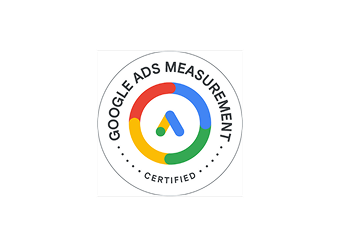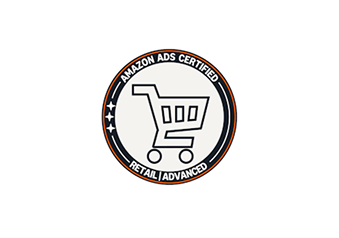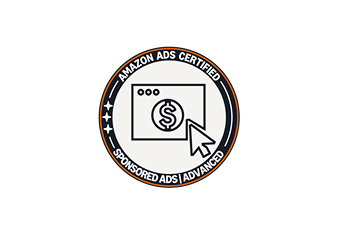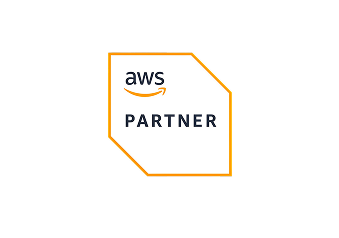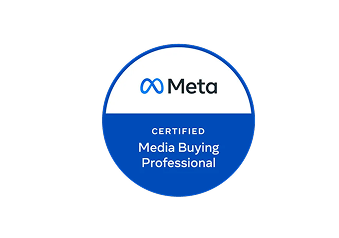When it comes to building a successful Amazon FBA (Fulfillment by Amazon) business, sourcing profitable wholesale accounts is crucial. However, this task can be riddled with pitfalls that can cost you time, money, and opportunity. To help you navigate this process and achieve long-term success, we’ve identified the top five mistakes that sellers often make when searching for profitable Amazon FBA wholesale accounts.
1. Not Conducting Thorough Market Research
One of the most common mistakes is diving into wholesale purchasing without adequate market research. Understanding market demand, competition, and pricing trends is essential for making informed decisions.
Why It’s Important:
- Avoid Over-Saturation: By knowing who your competitors are and how saturated the market is, you can avoid products that are unlikely to be profitable.
- Understand Customer Needs: Market research helps you understand what customers are looking for, which can guide your product selection.
- Forecast Trends: Staying ahead of market trends can help you make more strategic decisions about which products to stock.
Avoiding the Mistake:
- Use Research Tools: Tools like Jungle Scout, Helium 10, and AMZScout can provide insights into product demand, competition, and historical sales data.
- Analyze Competitors: Look at best-selling products and analyze their reviews to identify gaps in the market.
2. Choosing the Wrong Suppliers
Selecting the right suppliers is fundamental for the success of your Amazon FBA business. However, many sellers make the mistake of partnering with unreliable or unverified suppliers.
Why It’s Important:
- Quality Assurance: Reliable suppliers provide high-quality products, reducing the risk of returns and negative reviews.
- Timely Deliveries: Reliable suppliers ensure timely deliveries, which is crucial for maintaining your inventory levels and avoiding stockouts.
- Cost Efficiency: The right suppliers offer competitive pricing, which can significantly affect your profit margins.
Avoiding the Mistake:
- Verify Suppliers: Use platforms like Alibaba and ThomasNet to find verified suppliers. Look for suppliers with high ratings and positive reviews.
- Request Samples: Always request product samples before placing large orders to ensure quality.
- Check Certifications: Ensure that suppliers have necessary certifications and comply with industry standards.
3. Ignoring Profit Margins
Many sellers focus on sales volume and overlook the importance of profit margins. A product with high sales volume but low profit margins can be less profitable than a product with lower sales volume but higher profit margins.
Why It’s Important:
- Sustainable Business: Healthy profit margins ensure that your business can sustain itself and grow over time.
- Cover Costs: High profit margins help cover various costs such as shipping, Amazon fees, and marketing expenses.
- Reinvestment: Higher profits allow for reinvestment in business expansion and new product lines.
Avoiding the Mistake:
- Calculate All Costs: Include all costs such as shipping, Amazon fees, storage fees, and marketing expenses when calculating profit margins.
- Use Profitability Tools: Tools like FBA Revenue Calculator can help you estimate your potential profits.
- Set Margin Goals: Establish a minimum profit margin requirement for all products you consider selling.
4. Failing to Diversify Product Lines
Relying on a single product or a limited range of products can be risky. Market trends change, and consumer preferences shift, making diversification essential for long-term success.
Why It’s Important:
- Risk Mitigation: Diversifying your product lines reduces the risk of relying on a single product for your revenue.
- Market Adaptability: Diversification allows you to adapt to changing market trends and consumer demands.
- Revenue Streams: Multiple product lines create multiple revenue streams, enhancing overall business stability.
Avoiding the Mistake:
- Expand Gradually: Start by adding complementary products to your existing line and gradually expand into new niches.
- Monitor Performance: Regularly analyze the performance of your products and adjust your inventory accordingly.
- Stay Informed: Keep abreast of industry trends and consumer preferences to identify new opportunities for diversification.
5. Neglecting Relationship Building with Suppliers
Building strong relationships with your suppliers can lead to better pricing, priority service, and exclusive product offerings. However, many Amazon FBA sellers overlook this aspect.
Why It’s Important:
- Better Deals: Strong relationships often result in better pricing and terms from suppliers.
- Exclusive Offers: Reliable suppliers may offer exclusive products or early access to new products to their trusted partners.
- Problem Resolution: Suppliers are more likely to prioritize and resolve issues quickly for partners they have good relationships with.
Avoiding the Mistake:
- Communicate Regularly: Maintain open lines of communication with your suppliers. Provide feedback and address any issues promptly.
- Pay Promptly: Meeting payment terms promptly can build trust and goodwill with your suppliers.
- Visit Suppliers: If possible, visit your suppliers to establish a personal connection and gain a better understanding of their operations.
Finding profitable Amazon FBA wholesale accounts can be challenging, but by avoiding these common mistakes, you can set yourself up for success. Conduct thorough market research, choose reliable suppliers, focus on profit margins, diversify your product lines, and build strong relationships with your suppliers.
With XP Design, you’ll have the expertise and support needed to navigate these challenges effectively. Our comprehensive approach ensures that you avoid these common pitfalls and maximize your Amazon FBA business’s potential. Sign up with XP Design today and take the first step towards a more profitable and sustainable Amazon FBA journey!




